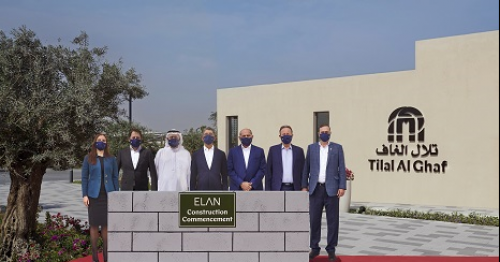Human rights cases in Oman fall by half in 2017
The number of reports received by the Oman Human Rights Commission decreased by more than 50 per cent in 2017, according to the commission’s annual report.
The commission received just 19 complaints in 2017, compared to 40 in 2016, with most related to the rights of residency, citizenship, personal freedom and work.
“In recent years, we have witnessed remarkable progress over the human rights situation in the Sultanate at all levels, both legislative and institutional, through which equal opportunities for all citizens are guaranteed politically, economically and socially,” said Ahmed Al Rashdi, Director of the Monitoring and Complaints Department. Rashdi added, “The commission also implemented a number of awareness and educational programmes to raise awareness of the community over national mechanisms through which rights are guaranteed by law.”
Regarding civil and political rights, the commission received six complaints in 2017 compared to 17 the year before. Civil and political rights are defined as the rights of residence and citizenship, equality, tolerance and freedom to practice religious rites, personal freedom, torture and seduction, forced disappearance, litigation and the right to participate in political and public life, freedom of opinion and expression, family security, the right of gathering and creating association and the right to information.
With regard to family security cases, the commission received three reports, two from Omani girls who were subjected to physical and verbal abuse by their families. The committee also identified a child that had been the victim of sexual assault and harassment. Each case was referred to the authorities concerned and with the support of the Ministry of Social Development, all victims were provided with safe and secure homes.
Additionally, the commission received 10 reports related to economic and cultural rights in 2017, compared to 16 the year before. Economic and cultural rights are defined by the commission as pertaining to adequate housing and health care, family care, social security, work, job placement, transportation and education.
“The Omani Commission for Human Rights monitors violations or violations of human rights and fundamental freedom within the Sultanate, whether citizens, residents or others, through personal communication, mail, telephone and electronic reporting. And then, carries out a preliminary study of the complaints to determine their seriousness and the extent of conformity of their content with that of the Committee and after seeking the opinion of the Department of Legal Affairs in preparation for the conduct, we follow-up with competent authorities, receive their responses, and to express an opinion, and inform the owner of the case of its status,” Rashdi said, explaining the procedure of work with regard to complaints.
According to the report in 2017, the commission carried out 10 site visits to prisons in the Sultanate, of which 71 prisoners were interviewed to identify their requests and needs. Rashdi said, “As part of the committee’s follow-up to the conditions of prisoners, it conducts periodic visits to the Central Prison Administration in the wilayat of Samail to ensure that prisoners are able to exercise their legal rights. With regard to places of detention, the committee visited several detention centers in various governorates of the Sultanate in order to monitor the application of the basic principles for the treatment of prisoners.”
Share This Post






